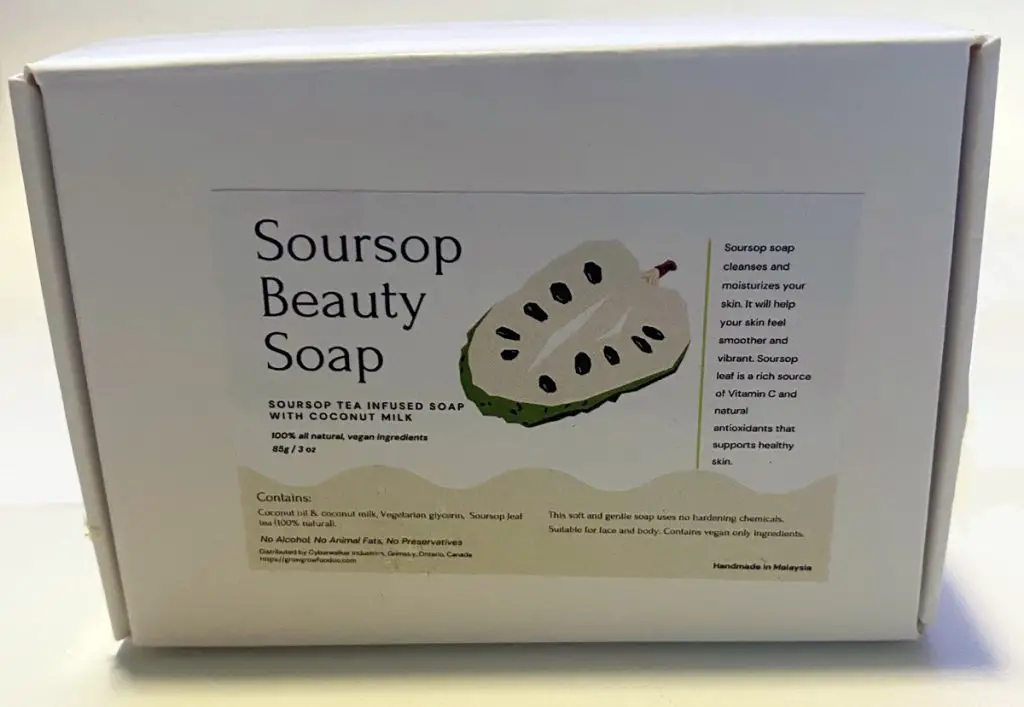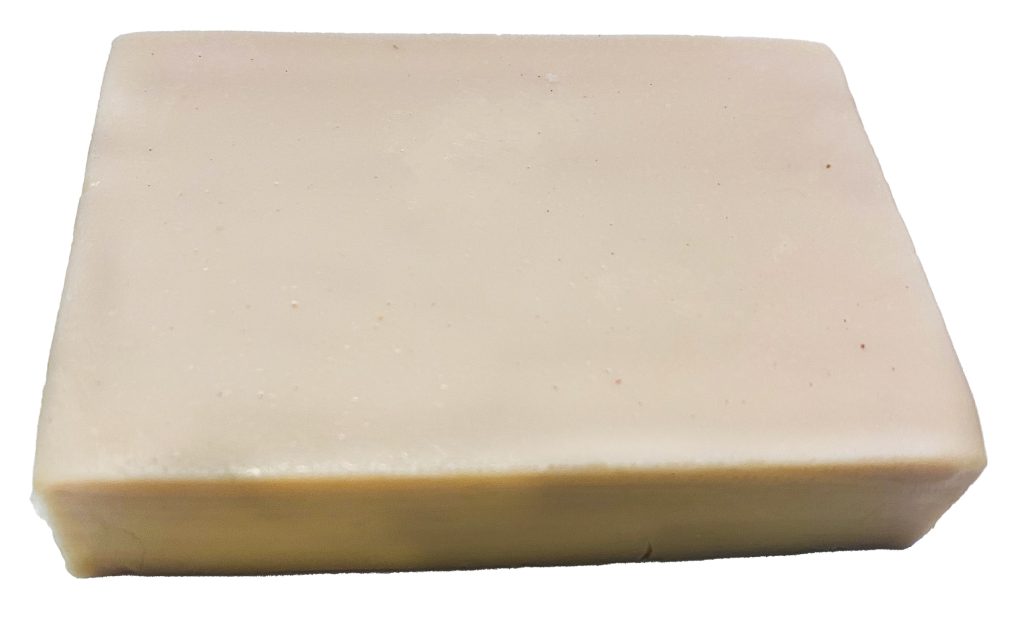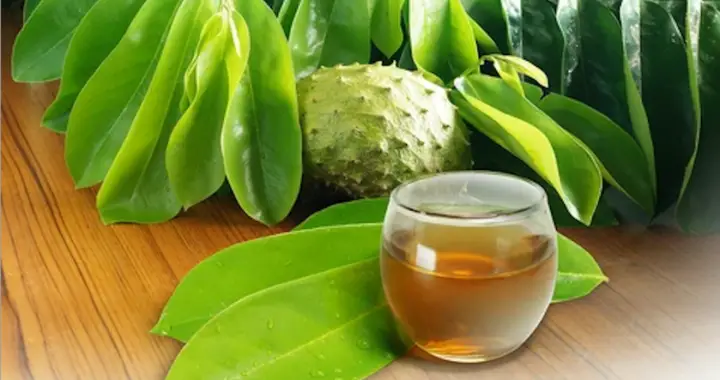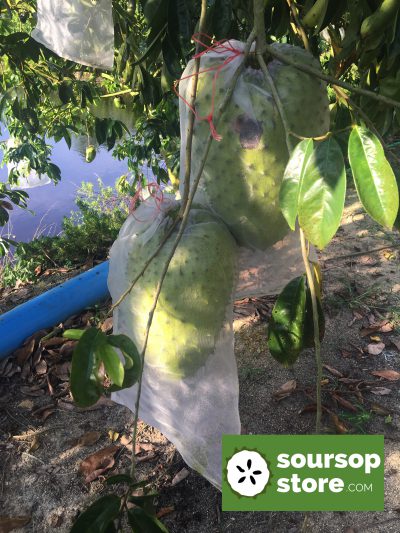This is your ultimate guide to graviola tea. Note that graviola tea is the same as soursop tea and the term is used interchangeably.
This is your ultimate guide to graviola tea. If you have a question about graviola tea, then send us a question and get an answer back via email using the link at the bottom of the page.
Soursop Tea Questions and Answers
Here are our most asked questions about graviola tea (sometimes referred to as soursop leaf tea) and their answers:
1) What is is graviola tea? Is it the same as soursop tea?
Graviola tea – which is the same as soursop tea (soursop is also called graviola), is a preparation of dried soursop tree leaves. Shredded soursop leaves are soaked, or steeped, is hot or boiling water, resulting in a slight greenish beverage that is quite pleasant and soothing to drink.
2) What does graviola tea look like when prepared correctly?
Soursop tea can vary in color from a lime green color to a dark brown. The color will get darker the longer the leaves are steeped in hot water.
3) What does graviola tea taste like?
Graviola tea has a mild herbal flavor that, to some people, tastes like a cross between green tea and vanilla. It is not bitter, but it can get stronger the longer the leaves are steeped.
4) Is graviola tea made of graviola fruit?
No soursop tea is made from shredded or ground dried leaves from the soursop tree. Typically the leaves are plucked from the soursop tree, air dried, and then sold whole or shredded or in some cases, they are ground into coarse powder (like matcha tea). Sometimes it is put into tea bags for convenience.
5) What kinds of graviola tea products are there?
Graviola tea comes in a variety of different products: They include:
- Whole graviola leaf
- Shredded dried graviola leaf
- Graviola leaf (ground) sold in single-serve tea bags.
- Graviola leaf powder.
5) Where can I buy graviola tea?
You can buy soursop tea from most online retailers, in health food and supplement stores, and at Soursopstore.ca (Canada) and SoursopStore.com (USA)
6) Does graviola tea contain caffeine?
There is no caffeine in soursop tea. Read more here.
6) How many calories are in graviola tea?
Soursop tea typically contains zero calories, unless other ingredients or additives are added. Soursop fruit contains 148 calories per cup. Read more here.
7) How do I prepare graviola tea?

You can download a free copy of our soursop tea preparation guide which explains how to prepare soursop tea for cancer patients as well as for people who want to consume it for other uses, including casual consumption.
8) How often should you drink graviola tea?
Experts say a cup each day that contains one to two tea bags (or 2-3 whole soursop leaves) is ideal for those that want to consume soursop as a health tool. Y
This soursop/graviola tea guide may be useful.
8) Can graviola tea cure cancer?
The medical community reports there is no fully conclusive evidence that soursop can cure cancer.
There is an often-quoted study published by Purdue University that shows it has cytotoxic (cell-killing) effects.
Click to read more about the soursop research findings
Full clinical research (studies on people) on soursop and its anti-cancer effects would have to be conducted to show conclusive proof.
Regardless, people who consume soursop tea and fruit as an anti-cancer remedy have issued testimonials praising the health value of consuming soursop.
Again, these claims would need to be supported by further medical research to be proven true by the medical community.
9) Can graviola tea help fight bacterial infections?
There have been lab studies that soursop extracts have an anti-microbial effect. See one such study here posted in the Journal of Clinical and Scientific Research.
10) Can Graviola tea be used against viral infections such as herpes?
Graviola (soursop)…”is considered an alternative treatment for herpes, but the supporting evidence is still not complete. A 2012 study showed anti-herpes activity with graviola in the laboratory.
12) Does graviola have anti-inflammatory effects?
MedicalNewsToday.com (MNT) reports that: “According to a 2014 study on rodents, graviola has anti-inflammatory properties that may relieve pain. The study’s researchers supported graviola’s use as a folk remedy for pain and inflammatory conditions.”
MNT also reports: “According to a 1999 study, graviola extract may have antiviral effects against herpes simplex 2 virus (HSV-2). HSV-2 is responsible for most cases of genital herpes outbreaks. In vitro, graviola was toxic to HSV-2 cells. In vitro means outside a living body.”
See more here.
13) Can graviola lower blood pressure and blood sugar
It is suggested that soursop has blood-sugar reducing and blood-pressure-lowering effects. According to CancerResearchUk.org, “Studies on animals found that graviola (soursop) may lower blood sugar and blood pressure. Talk to your doctor first before taking graviola if you have diabetes or high blood pressure.”
14) What is the active ingredient in graviola tea?
Graviola is rich in antioxidants, which it is believed help keep people healthy. They include tannins, saponins, phytosterols, flavonoids, anthraquinones.
It also contains phytochemicals called annonaceous acetogenins (AGEs), which studies show have cytotoxic properties. This means it can kill cells, including cancer cells in tumors.
15) Does eating graviola fruit or drinking the tea have any side effects?
Over-consumption of large quantities of graviola and long-term use can induce side effects including:
-
- Nausea
- Vomiting
- Nerve damage and movement problems
- Neuropathy that leads to Parkinson-like symptoms, such as tremors or stiff muscles.
15) Can I drink graviola tea sweetened with sugar, honey or other sweetener
Yes, graviola tea can be sweetened with sugar, honey or other sweetener. The fruit is often used as part of desserts and sweetening soursop products can enhance their flavour.
That said, it is recommended by health professionals that those with cancer reduce their sugar consumption. Read more here.
16) Where can I ask a question about graviola not answered here?
Send an email to [email protected]. We will do our best to answer your questions. This will help us improve this post.










